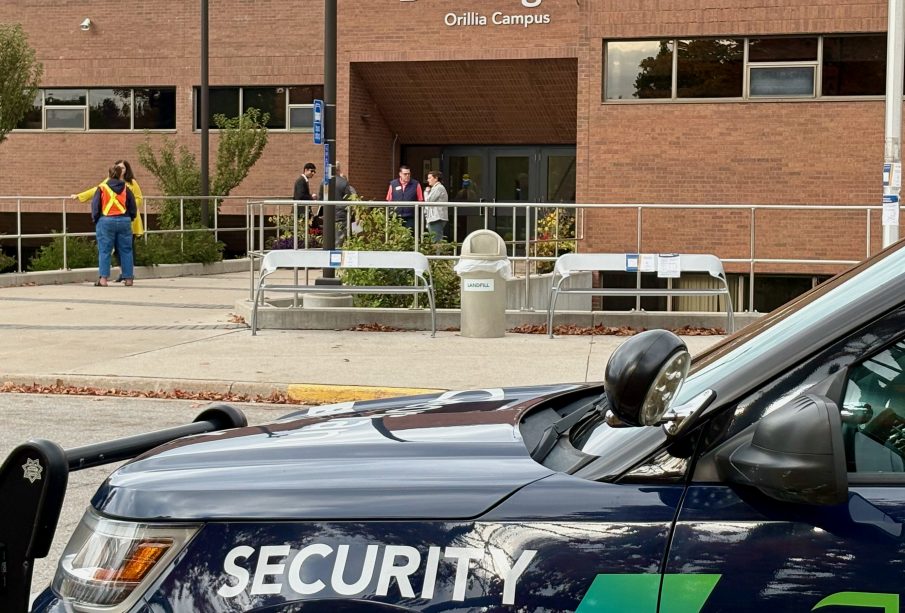Georgian College Orillia Campus Closure: What It Means for Students

Introduction
The recent announcement regarding the closure of Georgian College’s Orillia campus has stirred significant concern among students, local residents, and educational stakeholders. This closure comes as a pivotal moment for the community of Orillia, which has been reliant on the college for educational opportunities and local employment.
Details of the Closure
Georgian College officials confirmed that the Orillia campus would cease operations by the end of the academic year, citing financial challenges and a shift in student enrollment patterns as key factors influencing this decision. The campus, which has been serving the community since 2005, has seen a gradual decline in full-time enrollment, which has affected the viability of continuing operations.
In a recent statement, Georgian College President d’Herbomez emphasized the importance of making tough decisions to ensure the sustainability of the college as a whole. “We understand the impact that this decision will have on our students and the Orillia community, and we are committed to providing support and resources during this transition,” d’Herbomez remarked.
Impact on Students and Community
The closure has raised eyebrows regarding the academic futures of the approximately 300 students currently enrolled at the Orillia campus. Many students are expressing their concerns about transferring to other campuses, which may involve longer commutes and potential disruptions to their educational paths.
Moreover, the local community, which has benefited from the presence of the campus through employment opportunities and local spending, is worried about the economic implications. Local business owners have expressed anxiety over declining foot traffic and a reduction in student-related spending that has been crucial to their operations.
Future Plans and Support Measures
Georgian College has promised to assist students in navigating the transfer process, offering counseling services and support for those affected. The college is exploring ways to maintain some form of community presence post-closure, although specific plans have yet to be detailed.
Conclusion
The closure of Georgian College’s Orillia campus signifies a turning point for both the institution and the city. As students and community members grapple with the implications, it will be essential for Georgian College to provide adequate support during this transitional phase. It remains to be seen how the community will adapt and what measures will be taken to ensure that the educational needs of current and future students in Orillia are met. The situation highlights ongoing challenges in the landscape of higher education, particularly in smaller communities.









